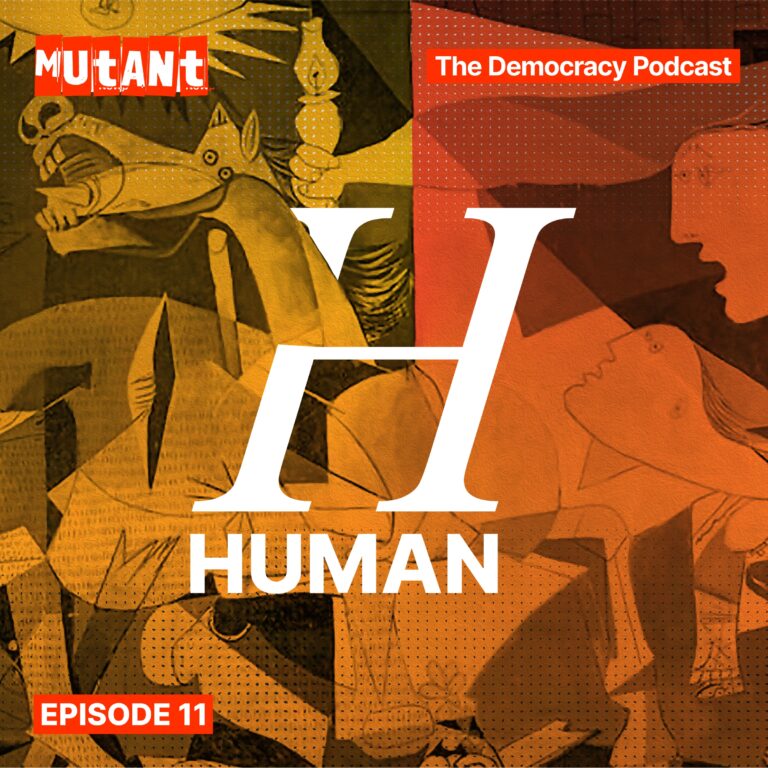H | HUMAN
What does it mean to be human? This is a question at once timeless, yet often posited as an abstraction: as though being human and living as humans in the world can be disentangled from each other. But man's humanity is not something that exists in isolation from other species, from other human beings. “In that sense, the idea of the human rests fundamentally on the belief that to be human is to both be political and social,” says Aishwary Kumar. “If you were to be marooned in the middle of an island with absolutely no one, it would not matter whether you are human or not. In fact such a shipwreck of a solitude might blur the very boundary between the human and nonhuman, or starker still, between the human and inhuman.” In this age of desire to transcend the human — whether through the fetishistic pursuit of artificial intelligence or extravagant plans to leave earth in pursuit of life on a new planet — the question of what it means to be human returns to us not only with powerful moral urgency but as one that inflects our planetary future. Is there more to being human, Mutant asks, than the fact of being born human? Or have we surrendered our imagination to the idea of the human as a bare biological fact, subject to infinite mutations and yet capable of very finite morality? Enamored by artificial intelligence and dismissive of moral judgment? How do we today think about the abandonment of humans by other humans, in which technologies bring back the archaic with a new zeal — archaic because we have been here before — and yet are unprecedented in how they are fuelling a mutation of our political life, our moral capacities, and of the human itself? This is a dialogue foundational to the very idea of Mutant. “What is more irretrievably mutant, after all, than the human condition?” “At stake in this question,” says Aishwary, “is not only the mutating shape of our humanity — and our responsibility to it — but the forms of our coming barbarism too.” Art: Guernica, by Pablo Picasso

